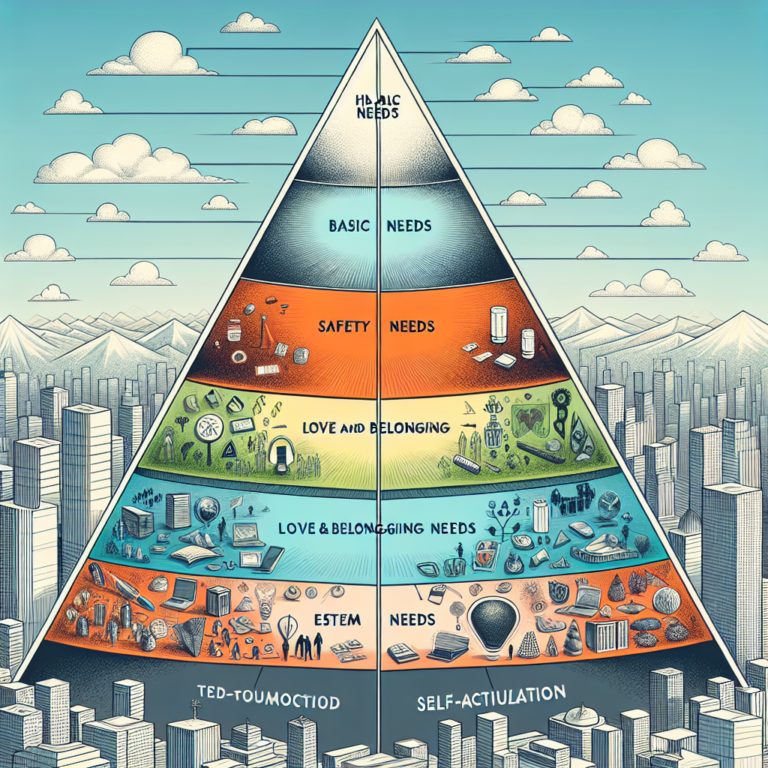
Test-Taking Psychology: Essential Strategies to Boost Your GRE Subject Test Performance
Introduction: The High Stakes of GRE Subject Tests
As you step towards the next phase of your academic journey, you might find yourself staring at a daunting prospect: the GRE Subject Test. The results of this test can wield significant influence over your admission into your desired graduate program. But what if you could harness the power of test-taking psychology to boost your GRE Subject Test performance? This article delves into the critical elements of test-taking psychology, illuminating strategies that shed light on how mindset, preparation, and environmental factors can make a remarkable difference on test day.
Understanding Test-Taking Psychology: A Foundation for Success
Defining Test-Taking Psychology
Test-taking psychology encompasses the mental and emotional factors that affect your performance during standardized tests like the GRE. Understanding this psychology involves recognizing how anxiety, confidence, and preparation can influence your performance. One study published in the Journal of Educational Psychology reveals that students who approach tests with a positive mindset tend to perform better than those who view them negatively.
The Role of Mindset
A fixed vs. growth mindset plays a critical role in test performance. Research by Carol Dweck indicates that students who believe they can improve through effort and learning (growth mindset) are more likely to seek strategies that enhance performance than those who hold a fixed mindset, believing intelligence is static.
Case Study: The MIT Student Group
A group of students at MIT participated in a workshop aimed at instilling a growth mindset before their final exams. By emphasizing the importance of effort, learning from mistakes, and critical thinking, their average scores improved noticeably compared to previous semesters. This example is a testament to the power of adopting the right psychological approach.
Crafting Your Test-Taking Strategy
Effective Study Techniques
1. Active Learning
Engaging with the material actively—such as summarizing concepts in your own words or teaching others—can significantly improve retention.
2. Practice Tests
Using practice tests not only familiarizes you with the format of the GRE Subject Test but also helps build test stamina. Research reveals that students who regularly take practice exams see performance improvements due to familiarity and reduced test-day anxiety.
Create the Ultimate Study Schedule
Table 1: Sample GRE Study Plan
| Week | Focus Area | Activities |
|---|---|---|
| 1 | Subject Review | Read textbooks, take notes |
| 2 | Practice Questions | Solve subject-specific practice problems |
| 3 | Full-Length Practice Test | Simulate test conditions with real timing |
| 4 | Review Mistakes | Focus on weak areas identified in practice |
| 5 | Final Revisions | Quick reviews, flashcards, and study groups |
Environment and Its Influence
Your study environment greatly impacts your ability to concentrate and absorb information. Ensuring a calm and distraction-free area for studying is crucial for optimal performance. Research from the American Psychological Association indicates that students perform better in quiet, organized environments that minimize interruptions.
Case Study: The University of Florida Experiment
Researchers at the University of Florida investigated how different study environments affected student outcomes. One group studied in quiet, organized spaces, while another was in noisy, cluttered environments. The results showed that students in the quieter environment scored on average 20% higher on follow-up assessments—highlighting the importance of environment in test-taking psychology.
Psychological Tactics on Test Day
Managing Test Anxiety
- Breathing Techniques: Deep breathing exercises can reduce anxiety levels and improve focus.
- Positive Affirmations: Reminding yourself of past successes can boost confidence.
Visualization Techniques
Visualizing yourself successfully completing the test can help cement a successful mindset. Studies show that athletes who visualize their performance tend to enhance their actual performance. This technique applies to test-takers as well.
Case Study: The Olympic Gold Medalists
Olympic athletes have long used visualization techniques to enhance performance. A study on Olympic gold medalists revealed that visualizing their routine not only improved their performance during training but also significantly reduced anxiety levels before competitions. If elite athletes can benefit, so can GRE test-takers.
The Importance of Physical Well-being
Sleep, Nutrition, and Exercise
Adequate sleep, proper nutrition, and regular exercise contribute substantially to cognitive performance. A study conducted by the Sleep Research Society found that students who maintain healthy sleeping patterns show improved retention and problem-solving abilities.
Test Day Nutrition
Choosing the right foods on test day—like complex carbohydrates and proteins—can help maintain steady energy levels throughout the exam. Avoiding sugary snacks can prevent spikes and crashes in energy that could impact focus.
Case Study: The College’s Health Initiative
A college implemented a program in which students were educated about nutrition and sleep hygiene prior to final exams. Results showed a marked improvement in overall grades as participants adopted healthier lifestyles, underpinning the link between physical well-being and academic performance.
Practicing Self-Reflection and Post-Test Analysis
Reflection on Performance
After completing the GRE Subject Test, take time to reflect on your performance. Identify areas where you excelled and aspects that caused difficulty. This reflective practice aids in future preparation and invokes a growth mindset.
Keeping a Learning Journal
Maintain a learning journal that documents your study habits, test performance, and emotional reactions to various tests. Reflecting on this information can help you recognize patterns and adapt your strategies.
Case Study: The Effective Learner
A study focused on college students who kept learning journals throughout their semester. These students reported higher satisfaction with their study processes and improved performance in their classes due to conscious reflection on their learning experiences.
Conclusion: Embrace the Power of Test-Taking Psychology
Test-taking psychology offers invaluable insight into enhancing GRE Subject Test performance. By adopting an effective study schedule, practicing anxiety-reducing techniques, cultivating a growth mindset, and prioritizing physical well-being, you can significantly elevate your test-taking prowess. Remember: your mindset, preparation, and resilience can make all the difference. Embrace these strategies, and walk into your GRE Subject Test with confidence, prepared to showcase your knowledge and skills.
FAQs
1. How can I reduce test anxiety before the GRE Subject Test?
Practice deep breathing, positive visualization techniques, and maintain a healthy sleep schedule leading up to the exam.
2. What is the importance of a growth mindset for test-takers?
A growth mindset encourages persistence, embraces challenges, and fosters resilience, leading to improved performance on tests.
3. How often should I take practice tests?
Aim to complete at least three full-length practice tests under timed conditions before the actual GRE Subject Test.
4. What should I eat on the day of the test for optimal performance?
Focus on nutrient-dense foods like whole grains and proteins, and stay hydrated. Avoid excessive sugar, as it can lead to energy crashes.
5. How can I analyze my test performance after the GRE?
Review the types of questions you missed and seek feedback on your answers. Maintain a learning journal to document insights for future tests.
By understanding and leveraging test-taking psychology, you can implement effective strategies to significantly enhance your GRE Subject Test performance. Embrace this journey with confidence, armed with clarity and preparation, and let each step bring you closer to your academic aspirations.















